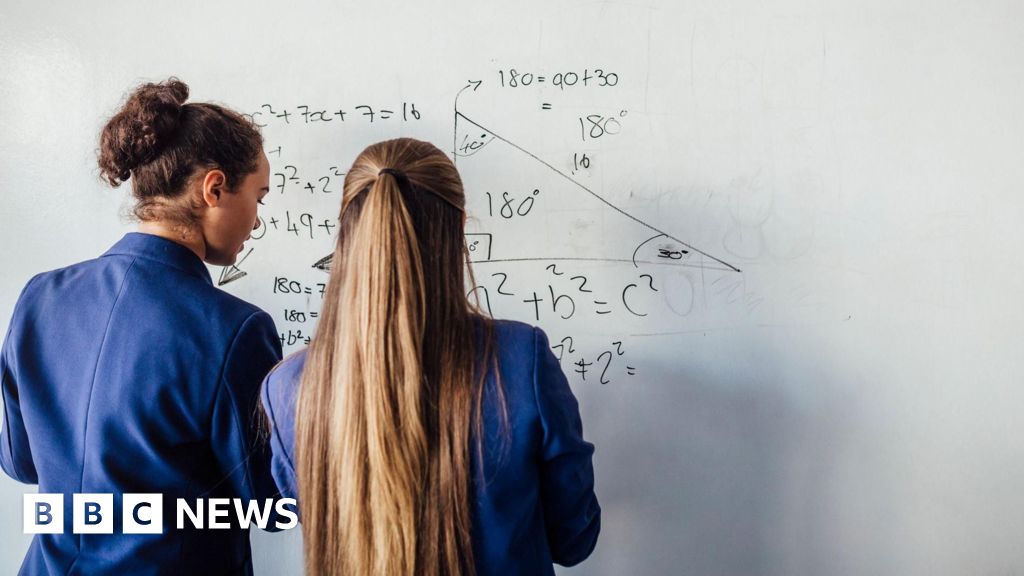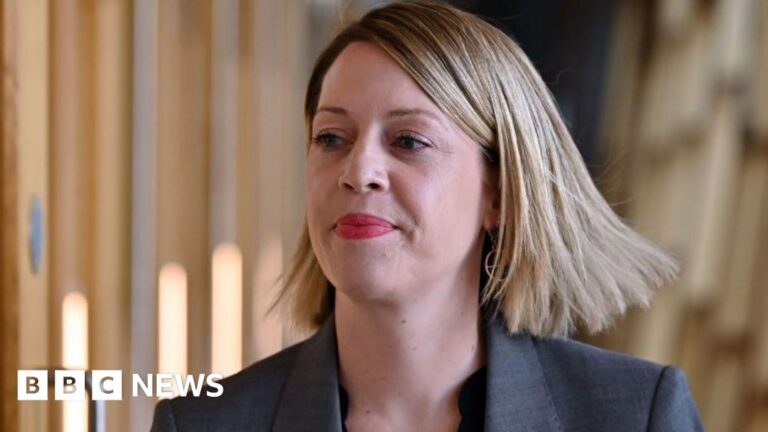Average private school fees were 22% higher in January 2025 than in January 2024, according to the Independent Schools Council, which represents most independent schools in the UK. The government introduced VAT on school fees in January to pay for more state school teachers in England. But the ISC and a number of families have taken the government to the High Court over claims the policy is discriminatory and breaches human rights laws.
Value added tax is one of the government’s main sources of income, payable on top of the purchase price of many goods and services, with a standard rate of 20%. Previously, private schools did not have to charge VAT on their fees due to an exemption for organisations providing education, which was removed on 1 January.
About half of England’s private schools are charities, which means they also received an 80% reduction on business rates, but the government removed that tax relief in April. The government estimates that the policy will raise an extra £460m in the 2024/25 financial year, rising to £1.7bn by 2029/30, with the money going to state schools, including funding the recruitment of 6,500 new teachers in England.
The ISC said its annual census showed average school fees were 22.6% higher in January 2025 than they had been in January 2024, blaming the “triple whammy” of higher national insurance contributions, an end to charitable business rates relief, and the introduction of VAT. The government had previously said it expected fees to rise by an average of around 10%.
Private schools charge fees for most students, with the average being about £15,000, and there are about 2,500 private schools in the UK, educating about 7% of all pupils. Some local authorities pay for children with special educational needs and disabilities to attend private schools, and those with a local authority education, health and care plan do not have to pay VAT.
The ISC represents more than 1,400 private schools and said the increase in fees was “not only down to VAT”, with private school fees having risen significantly in recent decades. According to the Institute for Fiscal Studies think tank, average fees rose by 55% after inflation between 2003 and 2023, but the proportion of children being privately educated did not fall.
When it announced the VAT increase, the government said it did not expect there to be a significant impact on the number of pupils attending private schools. However, the government now predicts that around 35,000 students will move to the state sector over a longer time period, and that class sizes will not increase. The ISC says some of its members reported a 4.6% fall in the number of Year 7 pupils starting school in September 2024, and believes the government has underestimated the level of pupil displacement.
The legal challenge was brought by the ISC, a smaller group of Christian faith schools, and parent-led group Education not Discrimination, arguing that the policy goes against the legal right to an education and is discriminatory because it affects families attending low-paying faith schools. The group also cites the effect on children with special educational needs and disabilities who attend private school because their needs cannot be adequately met in the state sector but do not have an EHCP and have to pay VAT.
Source link




